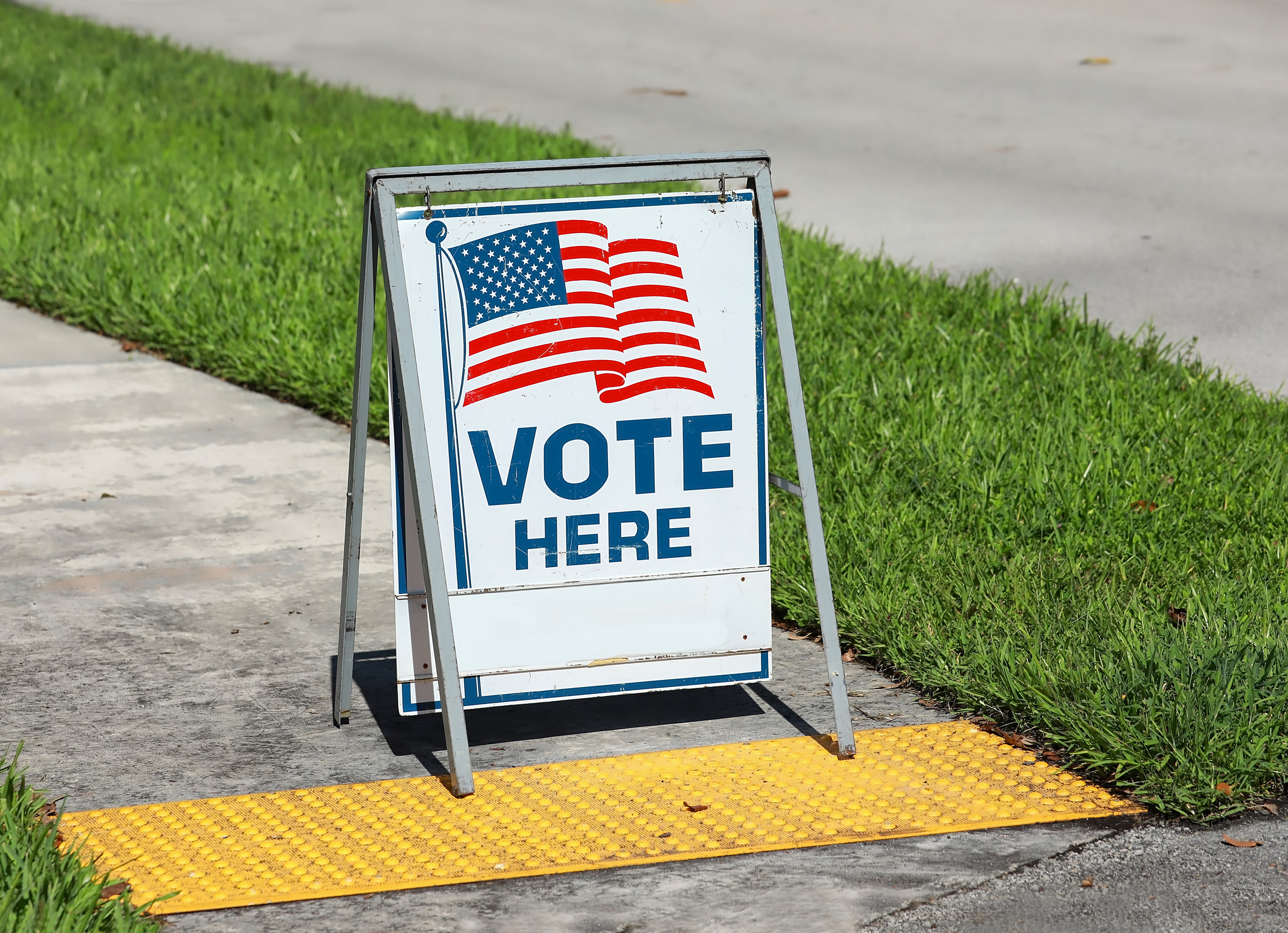Combating Election Misinformation: Strategies for Local Governments
.png)
Zencity
The Platform for Community Trust
Misinformation during elections isn't just about misleading headlines or fabricated news; it includes a broad range of content that can misinform voters, including rumors, misinterpreted data, and deliberate falsehoods. These challenges often arise from:
- Rapid Spread on Social Media: False information can reach thousands in minutes, making it difficult for accurate information to keep pace.
- Erosion of Trust: Misinformation can undermine confidence in election processes, local government, and media, leading to disengagement and confusion among voters.
- Voter Suppression Tactics: Misinformation can be used strategically to mislead voters about voting dates, locations, or eligibility, directly impacting voter turnout.
- Resource Strain on Local Governments: Identifying and responding to misinformation requires time, personnel, and financial resources that many local governments may not readily have.
Strategies for Local Governments to Counteract Misinformation
1. Monitor Public Sentiment with AI-Driven Platforms
Using platforms like Zencity, local governments can monitor public conversations across social media, news sites, and other digital channels in real time. By analyzing the data, governments can identify trending misinformation topics quickly and understand public sentiment around them.
- How It Works: AI-driven platforms aggregate data from various sources and use natural language processing (NLP) to detect keywords, sentiment shifts, and emerging false narratives. This allows local officials to see what is being said and how people feel about specific issues, giving them a clear picture of misinformation trends.
- Actionable Insight: When a false narrative is detected, local governments can respond promptly by issuing accurate information through official channels and social media.
2. Create a Rapid Response Team
Establish a dedicated team within your communications department to identify and address misinformation. This team should include data analysts, communication specialists, and community liaisons.
- Best Practices: The rapid response team should be equipped to flag misinformation in real time, craft fact-based responses, and engage with the community through social media, press releases, or public statements.
- Example in Action: During an election cycle, if misinformation about voting locations starts circulating, the team can immediately correct the narrative with clear, accurate information shared widely on official social media channels.
3. Proactive Communication and Prebunking
Proactive communication, or "pre bunking," involves sharing correct information before misinformation gains traction. By regularly updating the public on key election details—like polling locations, dates, and voter eligibility requirements—local governments can reduce the impact of misleading information.
- Tactics: Use data from AI platforms to identify common areas of confusion or misinformation. Address these topics through town hall meetings, social media campaigns, email newsletters, and other public-facing communication.
- Practical Example: Some local governments have created FAQ pages dedicated to the election process on their websites. These pages are constantly updated with verified information based on community questions and concerns identified through data analysis. This proactive approach helps clarify critical information before misinformation spreads.
4. Engage Trusted Community Voices
Community leaders, local influencers, and trusted organizations play a critical role in countering misinformation. Collaborate with these individuals and groups to help disseminate accurate information.
- Why It Works: People are more likely to trust information from familiar, reliable sources. By working with community voices, local governments can extend their reach and credibility.
- Implementation Tip: Host informational sessions or webinars with community leaders to address common misconceptions and provide clear, accurate election information.
5. Implement Fact-Checking Tools and Widgets
Integrating fact-checking tools and widgets on official websites can help direct residents to verified information. Many platforms offer plugins that automatically flag false information and redirect users to trusted sources.
- Benefits: Fact-checking widgets can debunk false narratives in real time, helping voters make informed decisions based on accurate data.
- Example: Local governments can place a fact-check widget on their election information pages, offering real-time verification of the latest rumors or misinformation circulating online.
Building Trust Through Data-Driven Strategies
The fight against misinformation is an ongoing challenge, but by harnessing data and AI-driven platforms, local governments can take a proactive stance. Monitoring public sentiment, engaging trusted voices, and delivering timely, accurate information can help counteract the spread of false narratives and build lasting trust with the community.
As elections continue to evolve in the digital age, local governments must adapt by using innovative tools to ensure that their residents receive clear, accurate, and trustworthy information.
Final Thoughts
Misinformation doesn't just threaten the integrity of elections; it threatens the trust between local governments and the communities they serve. By adopting data-driven strategies, local governments can better navigate the complex information landscape and help ensure that every voter has access to the truth.
%20copy-1.png?width=544&height=120&name=Logo_black%20(1)%20copy-1.png)




